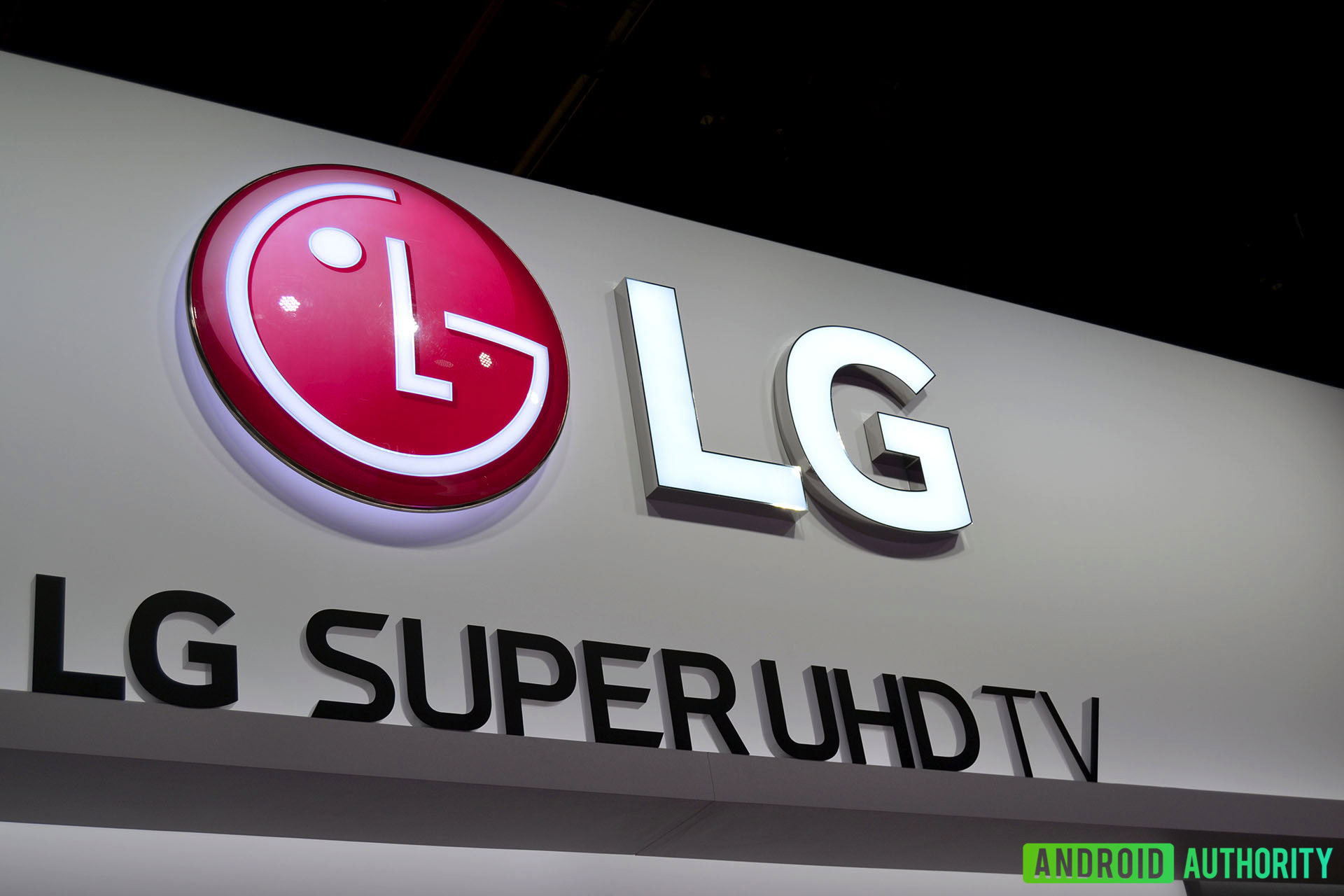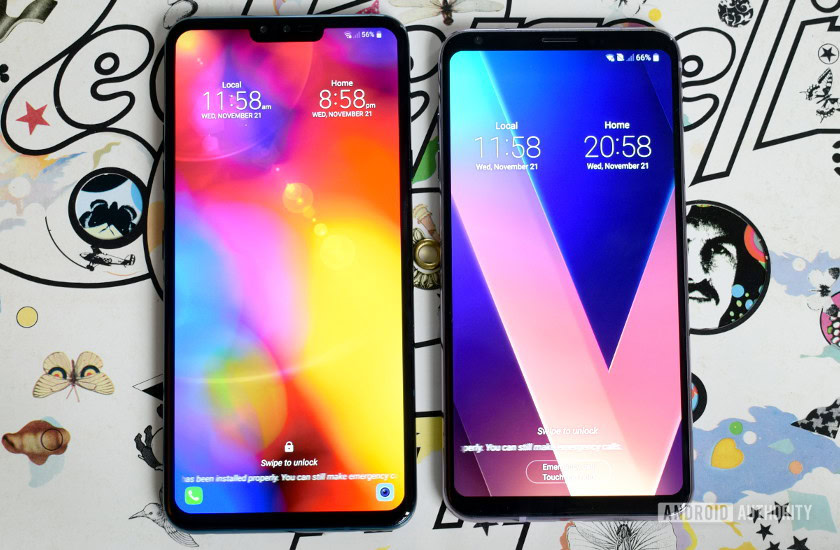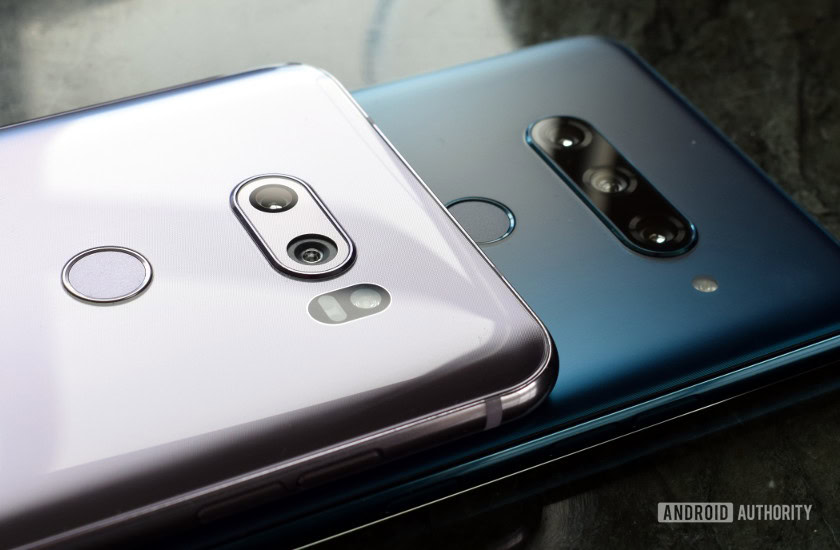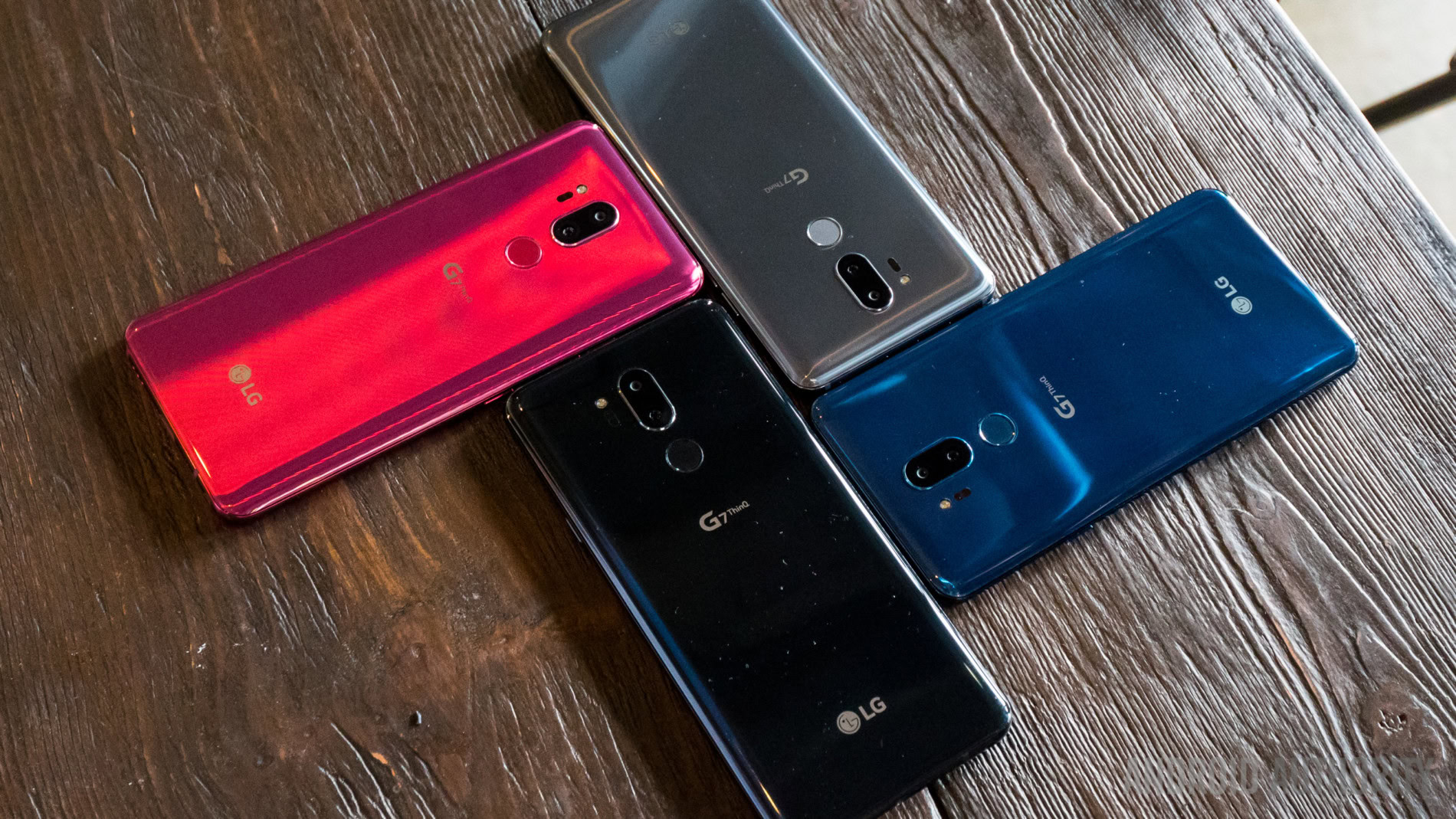Affiliate links on Android Authority may earn us a commission. Learn more.
LG brings in 'turnaround expert' to revive mobile unit
Published onNovember 28, 2018

- LG has announced that the head of its Home Entertainment unit will take over its mobile division.
- The Home Entertainment division has made millions in profits this year, due to strong TV and audio sales.
- The decision comes as LG’s mobile division continues to make losses.
LG has announced its end-of-year organizational restructure plans. The company discussed the matter in a press release earlier today, offering some clues as to the direction its mobile business is heading.
The big news for LG smartphone fans is the company’s Home Entertainment unit president, Brian Kwon, is taking over its Mobile Communications (MC) division. Kwon, billed as a “turnaround expert” in LG’s press release, will replace Hwang Jeong-hwan, who held the position for a year.

LG said Kwon’s “knowledge and experience in the global marketplace will be instrumental in continuing LG’s mobile operations turnaround.” Note LG publicly acknowledging its mobile division woes, however subtly.
The right Kwon for the job?
Kwon became executive president and CEO of Home Entertainment in a reshuffle in November 2014. This is the wing that deals with television, audio, and video. The division’s profits have continued to thrive since then, but the mobile landscape is tricky — LG has a far stronger brand identity in TV than in mobile and LG’s mobile unit has been struggling for years.
In each quarter of this year, LG has made hundreds of millions of dollars in operating profits for Home Entertainment, and hundreds of millions of dollars in losses on Mobile Communications. Kwon and Jeong-hwan aren’t solely responsible for these wins and losses, nonetheless Kwon seems capable and a reasonable option for the mobile takeover.
Display technologies are an increasingly important part of the mobile landscape — we’ve seen the move to AMOLED panels, and then curved panels, and soon foldable displays will be the new battleground. Kwon’s experience with the successful production and sale of displays in the TV market could prove valuable in the mobile sphere.

That said, physical hardware isn’t necessarily the biggest problem at LG Mobile — its phones are generally well-liked and well-reviewed. They just don’t tend to sell well which, in recent times, could be due to high prices, weird names (ThinQ, anyone?) and the lack of focus on the mid-tier where Chinese OEMs are thriving.

In early 2015, Kwon said LG’s TV department was “implementing a series of marketing and product strategies to better position LG in light of this intense competition.” That intense competition Kwon referred to was from rising Chinese companies. Perhaps Kwon can also apply some of the same lessons learned there to the mobile market.
All of that being said, Kwon’s influence may not be felt until 2020 and beyond — many of the 2019 mobile decisions will have likely been decided already, such as what its folding phone will look like and when it will arrive.
Still, this strikes me as an exciting prospect for the South Korean manufacturer and I hope it begins to find its feet again; the company has contributed many good ideas to Android over the years.
NEXT: Google will use Fast Pair to sync Bluetooth connections across Android phones